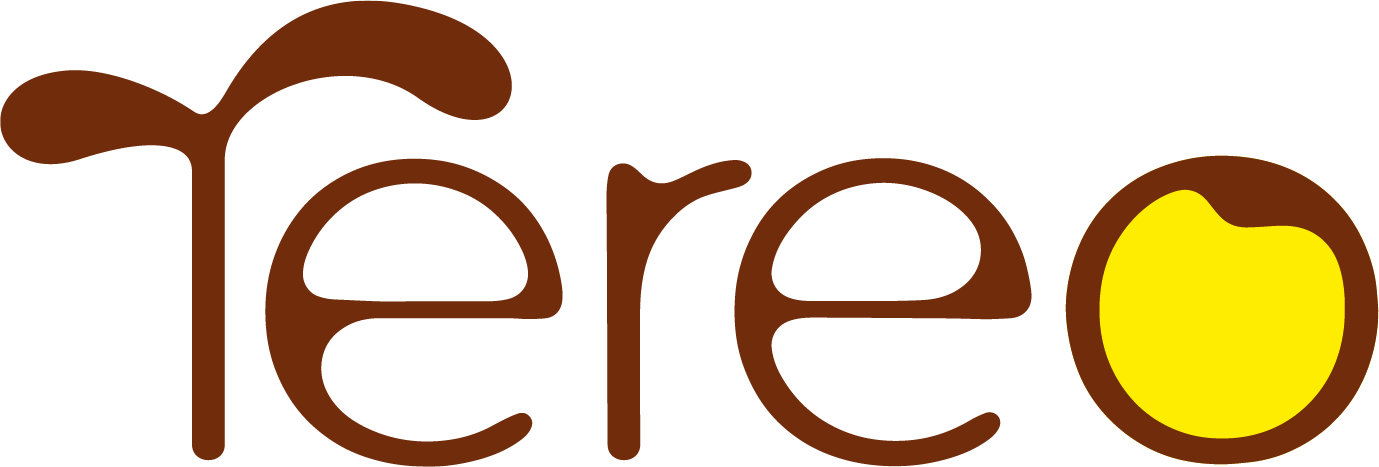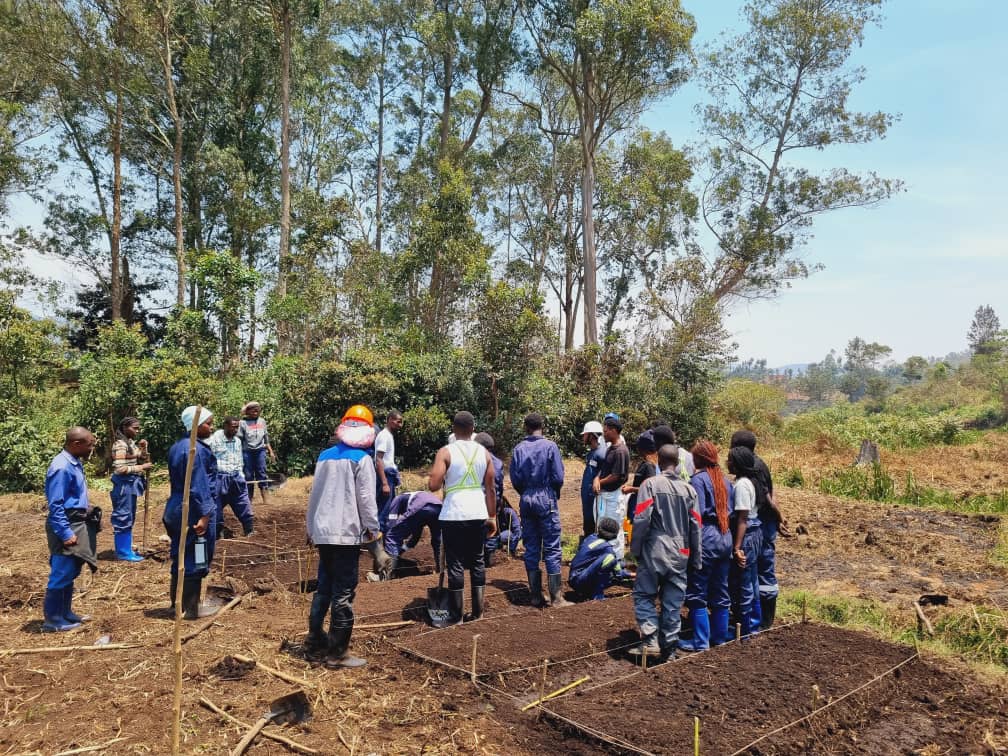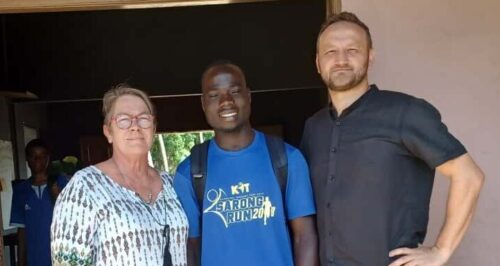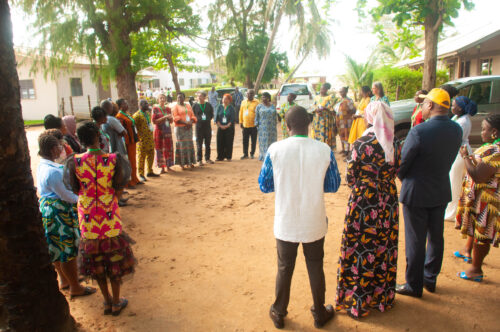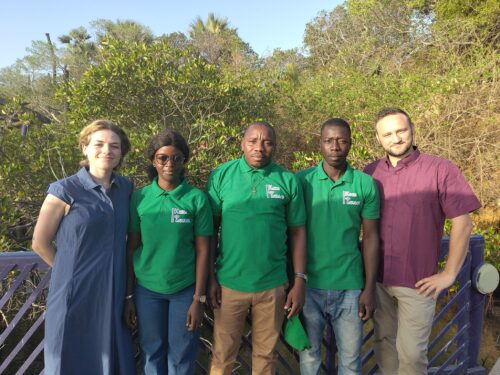An important milestone is about to be reached by our partner, Plateforme Diobass, in South Kivu. Officially launched on July 1, 2024, the Kakono project is well underway and plans to start training with a first intake of 22 students in January 2025. With just a few weeks to go before this small event, we take a closer look at this initiative, its genesis and objectives, with Sylvain Mapatano, coordinator of the Diobass Platform.
“In a context plagued by problems of soil fertility, low production and malnutrition, many young people have not had the chance to follow a normal education. These two aspects led us to think about setting up a training framework drawing on local practices and knowledge to which a number of agroecological innovations have been added,” Sylvain sums up. The idea, born in 2018, first matured for a few years before coming to fruition, thanks in particular to the meeting of the platform’s managers with Tereo, in 2022.
Find a venue and prepare training content
In two years, the foundations of the project have been laid. Starting with the location where the students will be welcomed. “We managed to find an old tea plantation with a drying shed, which we have begun to rehabilitate”, explains the coordinator. The content of the training modules and the technical platforms – rabbit breeding and fish farming to start with – are currently being developed. Finally, calls for applications for both trainers and trainees have been sent out all over the place: “We’ve circulated information in the villages, parishes and on the radio. We hope to have completed the recruitment of trainers and students by December 15, 2024.”
Among the topics covered during the six months of training, soil fertility management will be essential. “This involves fighting erosion, making compost,” says Sylvain Mapatano, before also mentioning the fight against diseases affecting crops and animals, market gardening and nurseries. “There will be field visits. We’ll be doing participatory experiments on the sites to see how effective our proposals are from a technical point of view”, he continues.
An impact on the community
While the project is primarily aimed at the young people who will come to learn, it will also have an impact on the community. Firstly, some of its members will come and share their knowledge with the students. Secondly, local producers will be able to observe what is taught at the center during open days, and decide what they can replicate on their own farms.
“This project was very close to my heart. It’s more than a project, it’s a dream to set up a model that could inspire future generations. We may be pretentious, but there is no technical training of this kind here. Eventually, we hope to be able to engage in discussions with the country’s technical education organizers to find ways of duplicating this kind of model,” concludes the coordinator.
